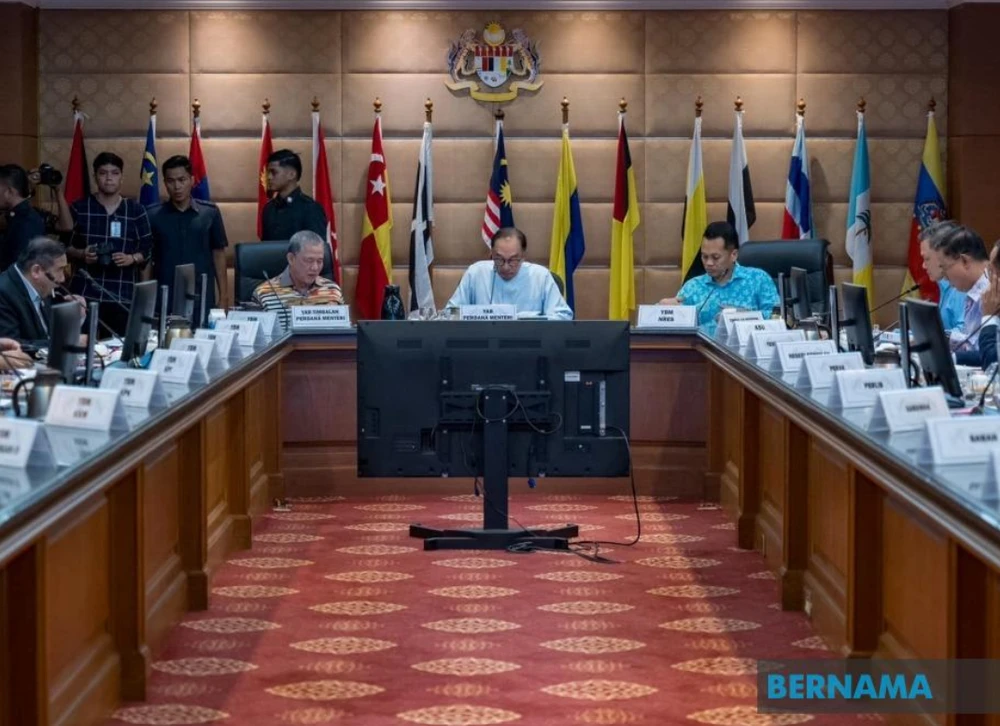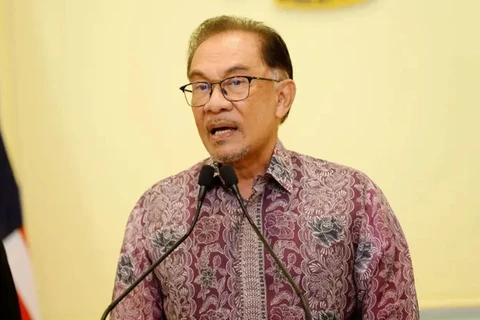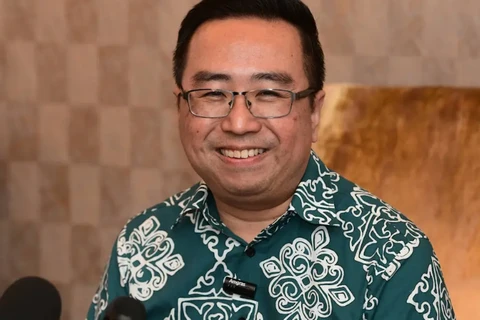
Kuala Lumpur (VNA) – The Malaysian government has agreed to establish a National Decarbonisation Committee involving state governments and relevant stakeholders to ensure a balanced and orderly transition to low-carbon development.
Prime Minister Anwar Ibrahim, in a Facebook post after chairing the fifth meeting of the National Climate Change Action Council (MTPIN) on June 15, said this transition would be supported by new, more inclusive and comprehensive policies, taking into account the country’s commitments under the Paris Agreement.
The financial sector has committed to strengthening the role of financial institutions in supporting the transition to low-carbon development through the joint committee on climate change, he said, adding regional climate change issues will also be prioritised when Malaysia chairs ASEAN next year.
Anwar reaffirmed Malaysia’s commitment to achieving net-zero greenhouse gas emissions by 2050, adding the government’s primary focus is to accelerate the transition to a low-carbon economy and to protect the people from increasingly felt impacts of climate change.
He expressed confidence that the initiatives decided at the meeting will ensure the country remains progressive in addressing climate change in a holistic and integrated manner, safeguarding future generations./.






















